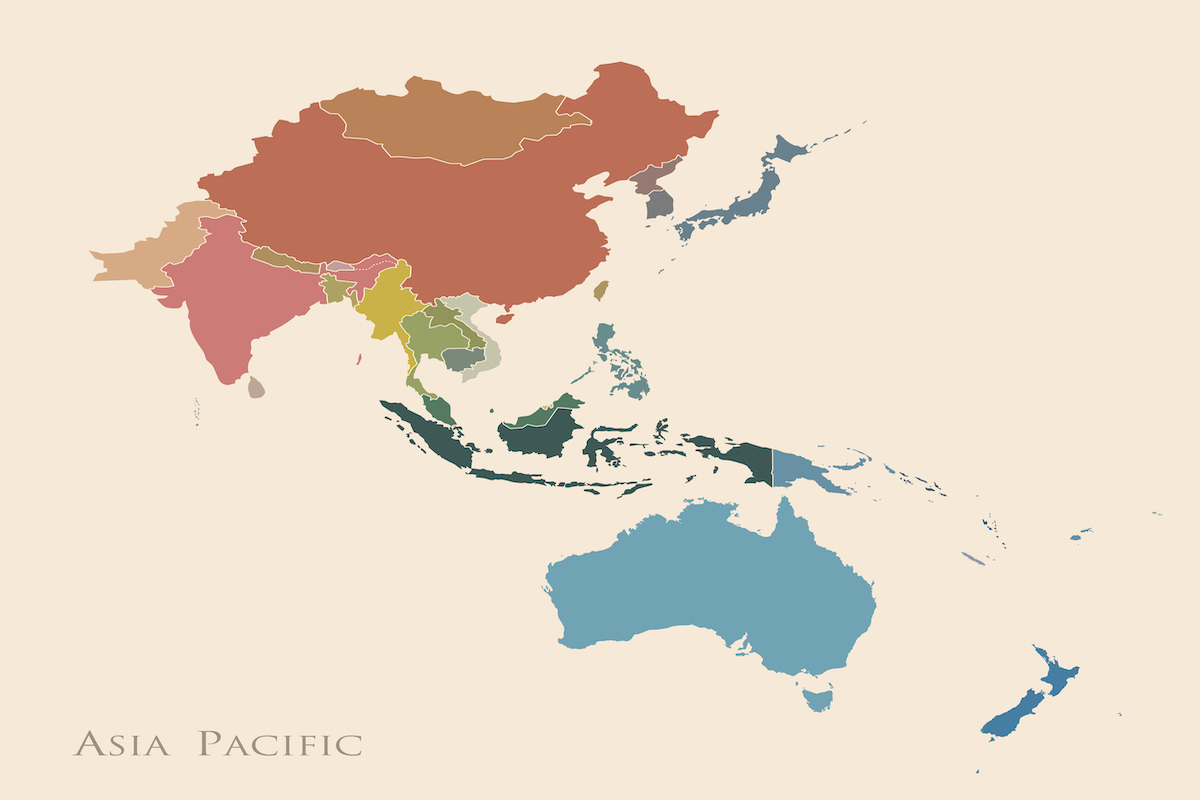India among top countries in artificial intelligence adoption
As the Asia-Pacific region experiences a surge in the adoption of Generative AI (GenAI), India is set to join the most rapidly expanding markets in the forthcoming years.
Once again the Asia- Pacific region stands at another historical crossroad. In the face of the new situation, the Asia-Pacific has assumed a more important place in the world and has a greater role to play.

(Illustration: iStock)
At present, traditional and nontraditional security threats are intertwined, humankind is yet to emerge from the shadow of the pandemic, and the Ukraine crisis is already wreaking havoc. The Cold War mentality is resurfacing, and unilateralism is running rampant, upsetting the international order. Once again the Asia- Pacific region stands at another historical crossroad. In the face of the new situation, the Asia-Pacific has assumed a more important place in the world and has a greater role to play.
Against this backdrop, the 19th Shangri-La Dialogue will be held from June 10 to 12. Due to the impact of Covid-19, the Dialogue, which has been suspended for two years, has attracted much attention all over the world. From the perspective of the agenda this year, regional order and regional security have become the focus of the discussion. Chinese State Councilor and Defense Minister General Wei Fenghe will attend the meeting and deliver a speech on “China’s Vision for Regional Order” at the dialogue to comprehensively introduce China’s policy, concept and practical actions in practising real multilateralism, safeguarding regional peace and stability, and promoting the building of a community with a shared future for mankind. And US Defense Secretary Lloyd Austin will give a speech on “Next Steps for The US’ Indo-Pacific Strategy” to further explain its “Indo-Pacific strategy”.
Nowadays, the Asia-Pacific is an anchor for world peace and stability, an engine for global growth and a new pace-setter in international cooperation. But in the context of major-power rivalry and the deficit in trust, the Asia-Pacific now faces two opposite choices: should we build an open and inclusive family for win-win cooperation or go for small blocs based on the Cold War mentality and group confrontation?
Advertisement
Since this year, the Joe Biden administration has taken a series of actions on its “Indo-Pacific strategy”, mainly aimed at “competing with China” from political, military and economic aspects. In addition to Quadrilateral Security Dialogue between the US, Japan, India and Australia and the trilateral security partnership between the US, the UK and Australia (AUKUS), it has even led NATO into the Asia-Pacific region.
Recently, during Biden’s visit to Asian countries, he announced the launch of the so-called “Indo-Pacific Economic Framework” and started things anew, impacting the current regional cooperation structure.
In his speech on May 26, US Secretary of State Antony Blinken comprehensively explained the Biden administration’s strategy for China. A series of actions of the US is steeped in the obsolete Cold War mentality. And its fundamental purpose is to serve “America First” and maintain its hegemony. Its essence is to create division, incite confrontation and undermine peace, which will bring a destructive impact on regional peace, stability and development.
Peace and prosperity in the Asia- Pacific concern not only the destiny of the region but also the future of the world. The concept of Asia-Pacific should not be downplayed, and Asia- Pacific cooperation should not be disturbed.
Advertisement